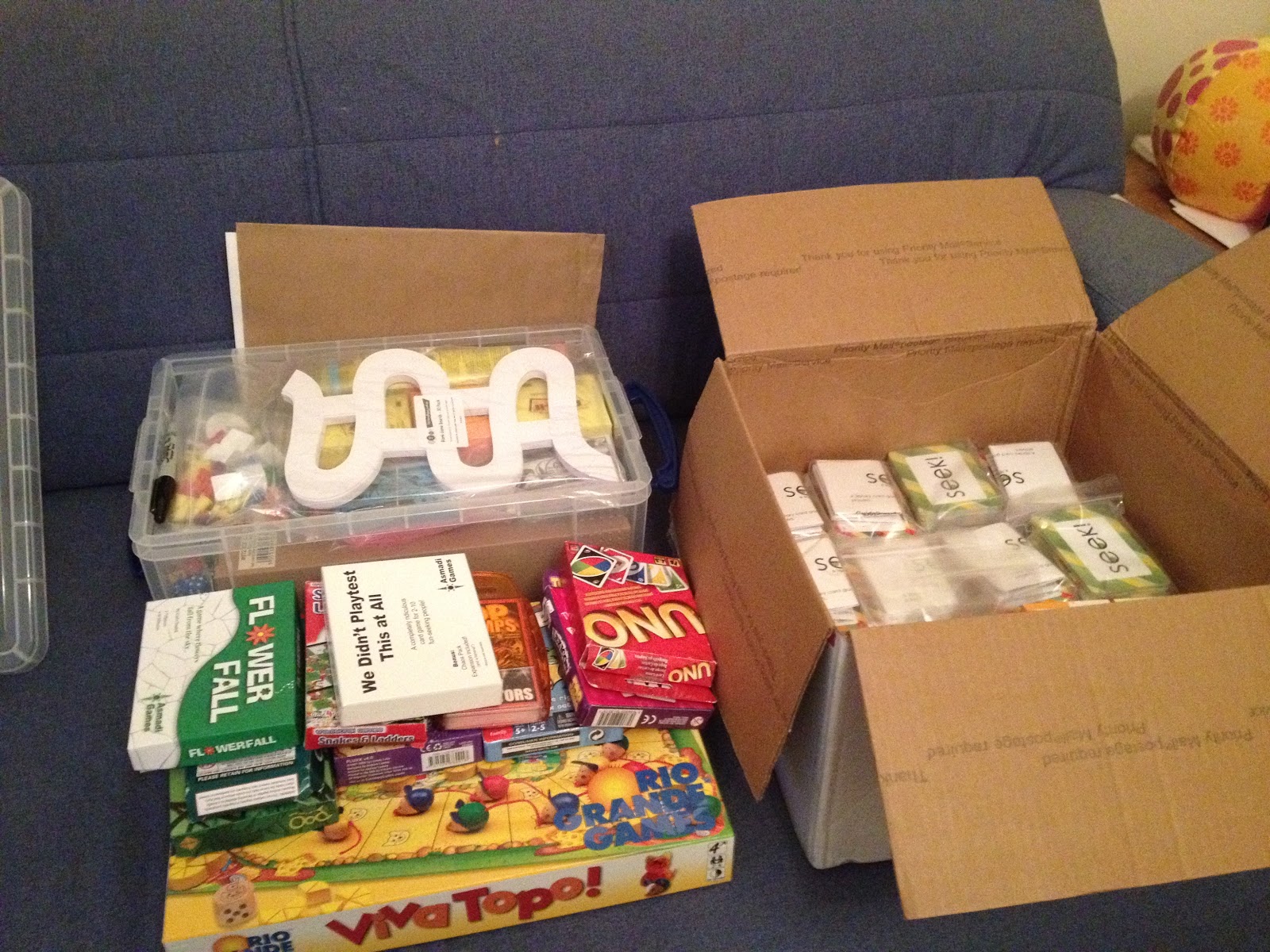Less than 24 hours after finishing work until the New Year I
started pondering a possible project for 2013…
I’ve written a couple of books now via traditional Library
and Information Science type publishers and get a bit depressed at how
expensive they are – especially my first book which is essentially lots of
practical active learning tips that can get dropped into a session when we’re
teaching information skills.
I’d like to do a similar practical book for games that can
help support information literacy, but I don’t want it to be expensive, plus I’d
quite like it to have photo-copiable / printable resources in it.
So, was pondering creating quite a short book and
self-publishing it through a service such as LULU.com…
There could be a free eBook version, plus a fairly cheap print
on demand version in a format that is easy to copy. It would include an outline
(in a standard format) of some games to enable people to adapt them to their
own needs and create something themselves. In addition, it could include the
print and play versions of any generic games I’ve already got ready to go (such
as SEEK!) or could create in the next 6 months– so librarians could photocopy
those pages onto card (or paper & laminate the card), cut out the
individual cards / tokens / boards / etc
and be ready to go…
I could also include the prototypes from events like the
workshop in Leeds, if I spent some time working through them and finishing them
off – as long as people are happy their games being shared this way.
If I wrote the text, it’d cost a relatively small amount of
money to get someone to titivate it enough to look prettier (i.e. proof read,
typeset, design a cover, etc.) that would normally be done by a publisher, plus
the cost of sending out a handful of copies to legal deposit libraries.
So, should I try and do this? Perhaps via a Kickstartercampaign to fund it?







